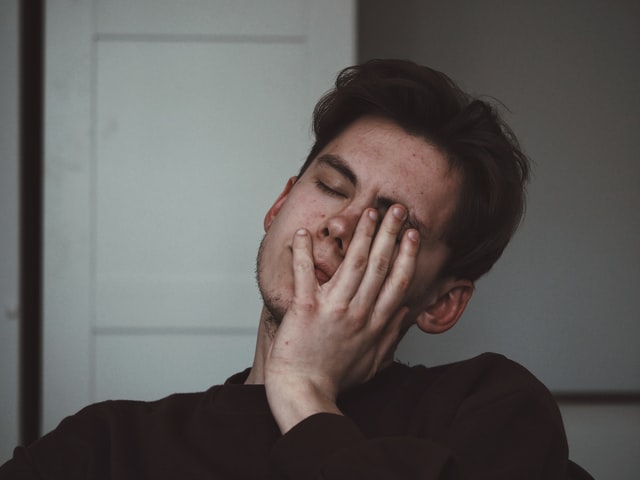If you’re someone who spends most of the night tossing and turning and checking the time on the clock, you’re definitely not alone. According to the National Institute of Health, close to 20% of Americans suffer from some kind of sleep disorder (insomnia). No wonder so many people are walking around cranky and groggy!
Lack of sleep can take a massive toll on every aspect of life including relationships, focus and concentration and performance at work. Chronic insomnia can even contribute to serious health problems.
While some struggle to fall asleep, others can’t seem to stay asleep and others wake up too early and can’t fall back asleep.
The good news is that most cases of insomnia can be resolved with changes you can make on your own—without having to see a sleep specialist or taking a bunch of pills. By identifying and addressing the underlying causes of your insomnia, and making simple changes to your daily habits and sleep environment, you can get a good night’s sleep.
Symptoms of insomnia
People troubled by insomnia experience difficulty falling asleep, staying asleep, or getting back to sleep when they wake up at a very early hour. And some really unfortunate folks experience a combination of these challenges or all!
Sleep disturbances cause stress and anxiety, and make every day activities like working, remembering, and thinking clearly very challenging.
Sleep deprivation can cause irritability, fatigue, angry outbursts, poor performance and multiple health conditions.
Persistent insomnia may also be a major contributing factor in depression, anxiety and chronic illness.
Causes of Insomnia
Insomnia is a complex condition that is still being studied. There are certain conditions that make some people more prone to insomnia such as:
- Age – people over 60 are more susceptible
- Gender – females, on average, are more susceptible
- History of depression can make you more susceptible
The Most Common Causes of Insomnia Are:
- Jet lag
- Shift work
- Anxiety
- Grief
- Depression
- Screens before bed
- Stimulants like nicotine, caffeine, and alcohol taken too soon before bed
- An overactive thyroid
- Steroid use
- Certain prescription medications
- Restless leg syndrome
- Menopause and hot flashes
- Gastrointestinal conditions such as heartburn
- Conditions that make it hard to breathe like asthma and sleep apnea
- Chronic pain
As previously mentioned, depression is one of the most common causes of chronic insomnia. When this is the case, Cognitive Behavioral Therapy (CBT) and Acceptance and Commitment Therapy (ACT) can help.
Cognitive Behavior Therapy will look at targeting the thoughts and behaviors that are disrupting your sleep night after night.
Acceptance and Commitment Therapy helps improve mindfulness skills and the ability to let go of nagging thoughts keeping you awake while also exploring behaviors contributing to your sleep problems.
These therapeutic strategies promote healthy sleep habits while relieving symptoms of anxiety and depression.
Some therapists may use a combination of relaxation therapy and biofeedback to reduce anxiety in clients. Others may employ different strategies like breath work and cognitive work to change the relationship with unhelpful thoughts and behaviors preventing you from getting good sleep.
A well-trained therapist will recognize that each client is a unique individual with individual needs. A deep dive into current lifestyle patterns, as well as an examination of their history, will help the therapist determine the specific causes. In some cases there may be multiple factors.
Together, therapist and client will put together a comprehensive strategy for a good night’s sleep.
Life is too short to feel tired all the time. If you feel like anxiety and depression are contributing to your insomnia, find and awesome therapist you like and trust to help you decrease stress, increase fulfillment and get some sleep!
James Killian, LPC is the Principal Therapist & Owner of Arcadian Counseling in New Haven, CT where they specialize in helping over-thinkers, high achievers, and perfectionists reduce stress, increase fulfillment and enhance performance so they can move From Surviving To Thriving.




